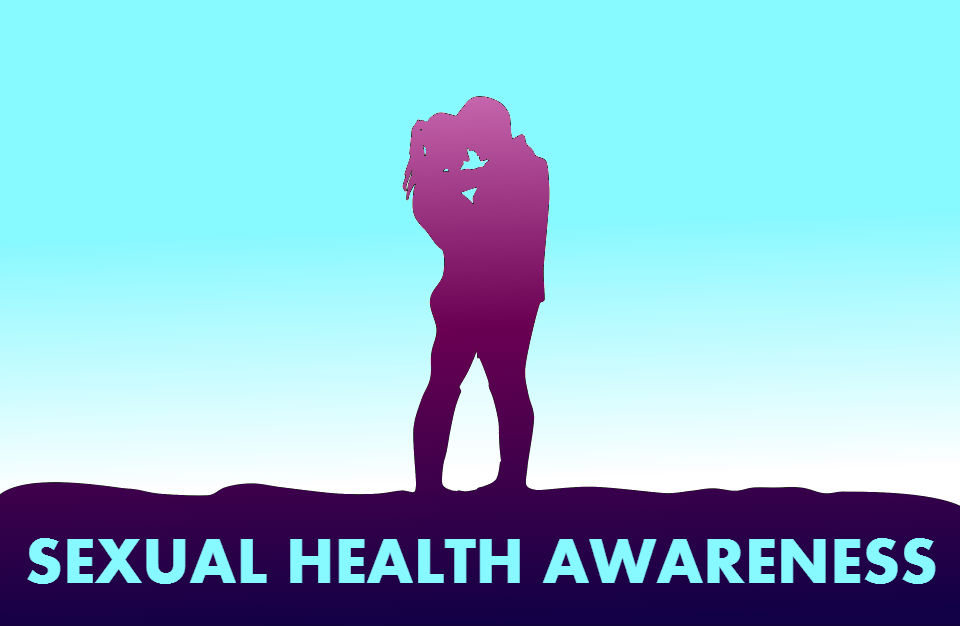If you’re sexually active, regular STD testing is an essential way to protect your health. Your STD status isn’t something to guess at; if you’re sexually active, get tested. Be open and honest with your doctor about your sexual history. If you’re uncomfortable talking to your regular health care provider about STD testing, there are lots of clinics that offer free, confidential testing.
Who should get screened?
Everyone who is sexually active should get tested regularly. The more partners you have, the more often you should get tested. Some special populations should be extra aware of STD testing. These groups include…
• Pregnant women
• Adolescents
• Men who have sex with men
• Women 25 and under
Can you get an STD from oral sex?
Yes. Numerous STDs can be transmitted during oral sex, including syphilis, herpes, and gonorrhea.
What are the most common STDs?
1. HPV
2. Chlamydia
3. Trichomoniasis
4. Gonorrhea
5. Genital Herpes
6. Syphilis
7. HIV
Who is at risk for STDs?
Anyone who is sexually active can get an STD.
How can I prevent getting an STD?
Abstinence is the only absolute, surefire solution to preventing a STD infection, but using condoms correctly every time, all the time, the whole time you have sex can lessen your risk of infection for STDs. Condoms can effectively reduce the risk for many STDs that are transmitted only by genital fluids like HIV, chlamydia, and gonorrhea. Condoms can also lessen the risk for other STDs that are transmitted via skin-to-skin contact, such as genital herpes, HPV, and syphilis, if the infected areas are covered by the condom. If the infected areas are left exposed, transmission is possible.
Being in a long-term, mutually monogamous relationship with an uninfected partner is another way to lower STD infection risk. However, since many STDs can lie dormant and asymptomatic, the only way to know for sure if you and your partner are STD free is to get tested.
What happens when you get tested?
There’s no single test that covers every STD. A test will require a either a urine sample, a blood sample, or a swab of the potentially infected area.
What if I test positive for an STD?
Don’t panic! Many STDs are curable and all are treatable. If you find out you’re infected, seek treatment immediately. Don’t let the shame and stigma of STDs keep you and your disease in the dark. 1/3 of sexually active people have contracted an STD by the time they’re 24, so know you’re definitely not alone! If you have any past partners that you think might be infected, you should inform them so they can also seek treatment.
Take charge of your own sexual health and get tested for STDs!
Are you interested in a STD screening research study? Contact Segal Institute at 1-877-SEGAL-88 to see if you qualify or visit our studies here.
Sources: CDC , Planned Parenthood


